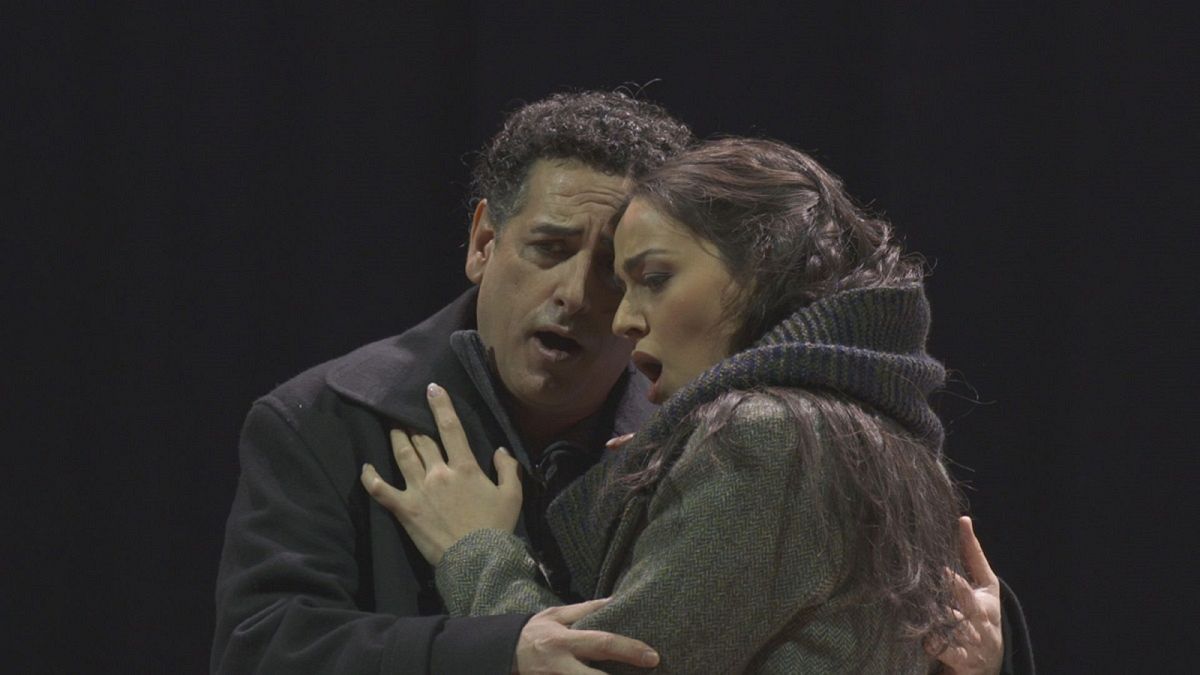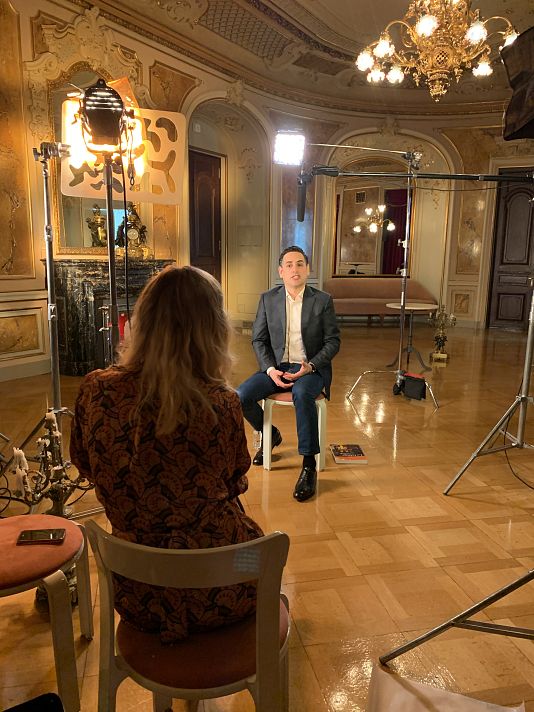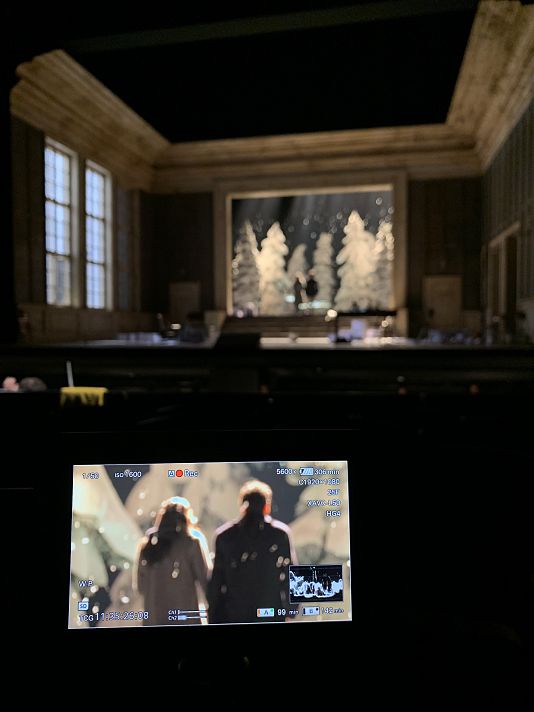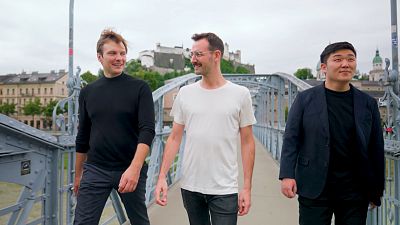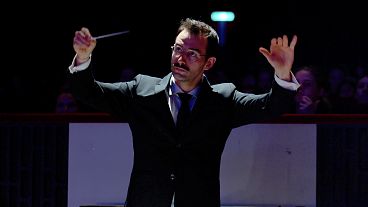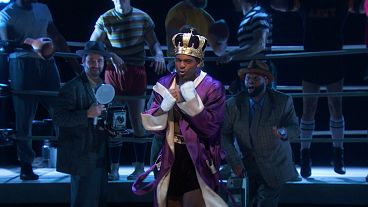Musica goes behind the scenes to capture Puccini's masterpiece with Juan Diego Flórez and Ruzan Mantashyan.
Musica goes behind the scenes to capture Puccini's masterpiece with Juan Diego Flórez and Ruzan Mantashyan.
La Bohème is one of the world's most-performed operas.
Giacomo Puccini's timeless masterpiece, which tells the tale of a seamstress and a poet's death-marked love, has graced the stages of some of the world's best-known opera houses and theatres for over a century.
While many theatres across Europe remain closed earlier this year, Musica was given exclusive access to film a dress rehearsal of the production at the Zurich Opera House.
Renowned Peruvian tenor Juan Diego Flórez plays passionate poet Rodolfo, while Armenian soprano Ruzan Mantashyan is the other half of the penniless pair, seamstress Mimi.
For Mantashyan, Mimi's character reminds her that life is fleeting: "[She] knows she's dying. She accepted it.
"This is something I learned from her. You really have to live [in] the moment with what you have. You can sit there and cry and be miserable. Or you can go and live your life the best you can."
A timeless tale of love and tragedy
Based on Henri Murger's novel, Scènes de la vie de bohème, a collection of vignettes portraying young bohemians living in 1840s Paris, La Bohème centres around four young creatives living under one roof.
United through poverty, Rodolfo and Mimi begin a tumultuous love affair, punctuated by passion and jealousy and ending only with the latter's tragic death.
For Flórez, it is a tale that touches the heart of all who watch it.
"I think we cry when we see La Bohème because it's a story we all relate to, the characters are very much connecting to the people," the veteran tenor told Euronews.
"I cry when I'm in the audience and I cry when I sing it."
Heartbreak set to music
Puccini's emotional score emphasises the intensity of the drama.
Sweeping melodies and powerful duets are abundant as the great tugger of heartstrings uses every tool in his arsenal to convey the tragic love story.
According to Mantashyan: "Puccini had this great art of going directly to the heart."
For Flórez, this is something that makes the Italian composer's music relevant even today.
"He takes the orchestra and lifts everything and it makes you shiver and I think Hollywood music took from Puccini," he said.
"When cinema came, everybody imitated that kind of music, because it really transports you.
"The last scene is so touching because all the music evokes the past and this sense of nostalgia touches you and the music is so like, again, like film music."
